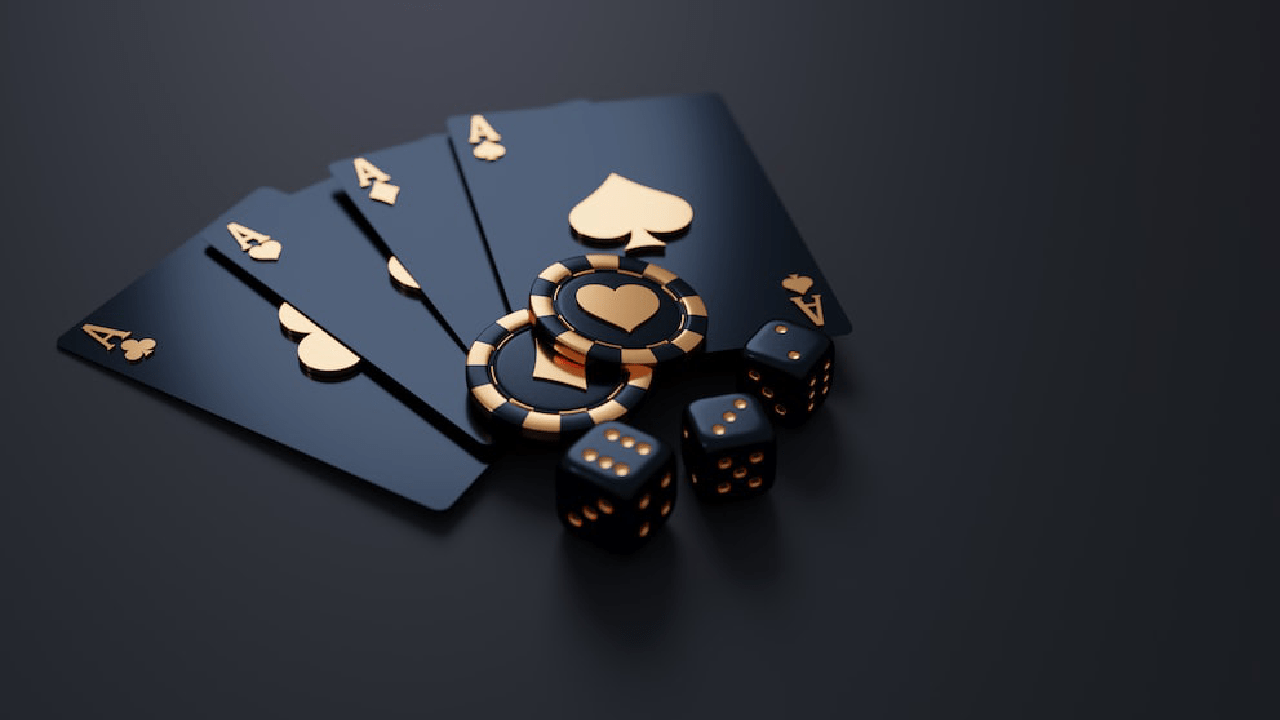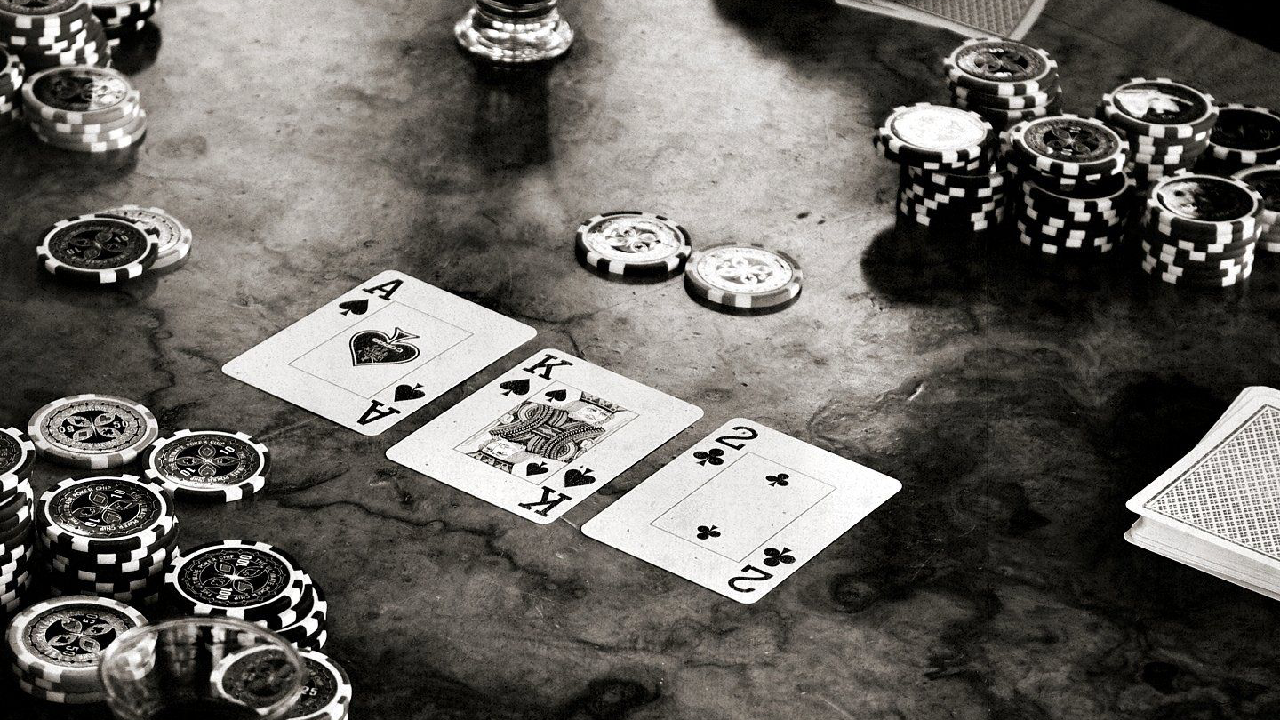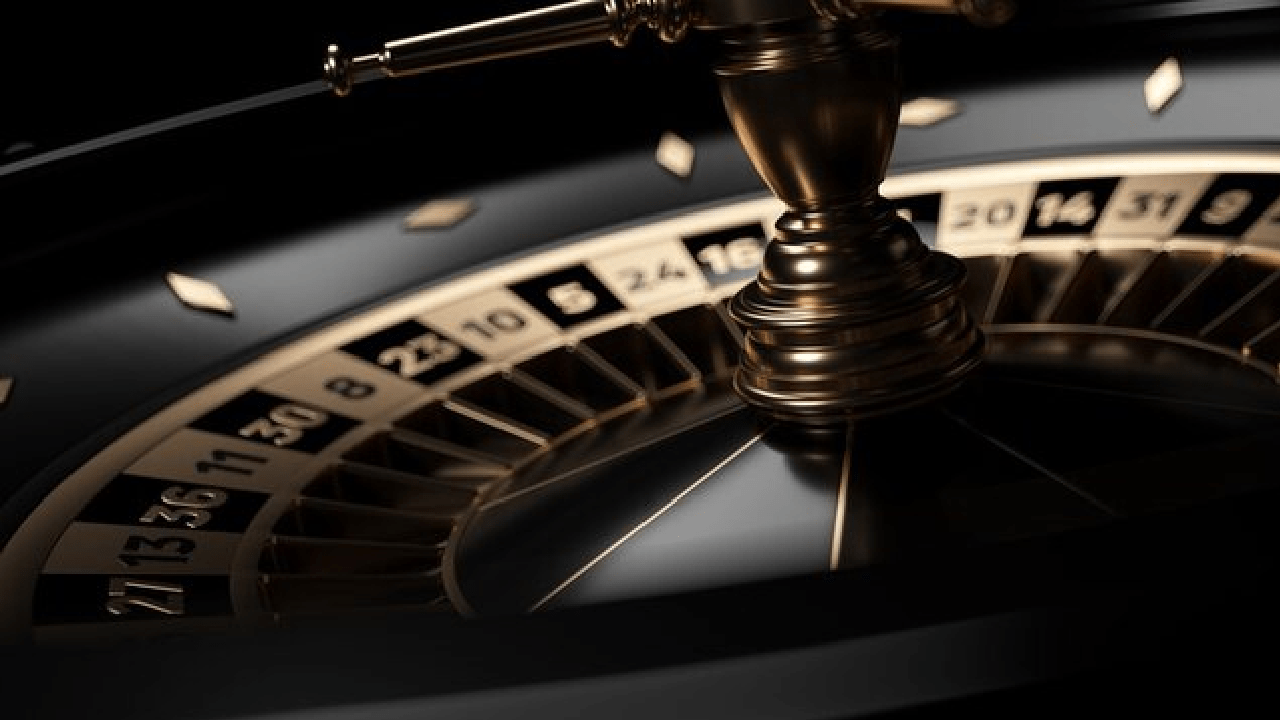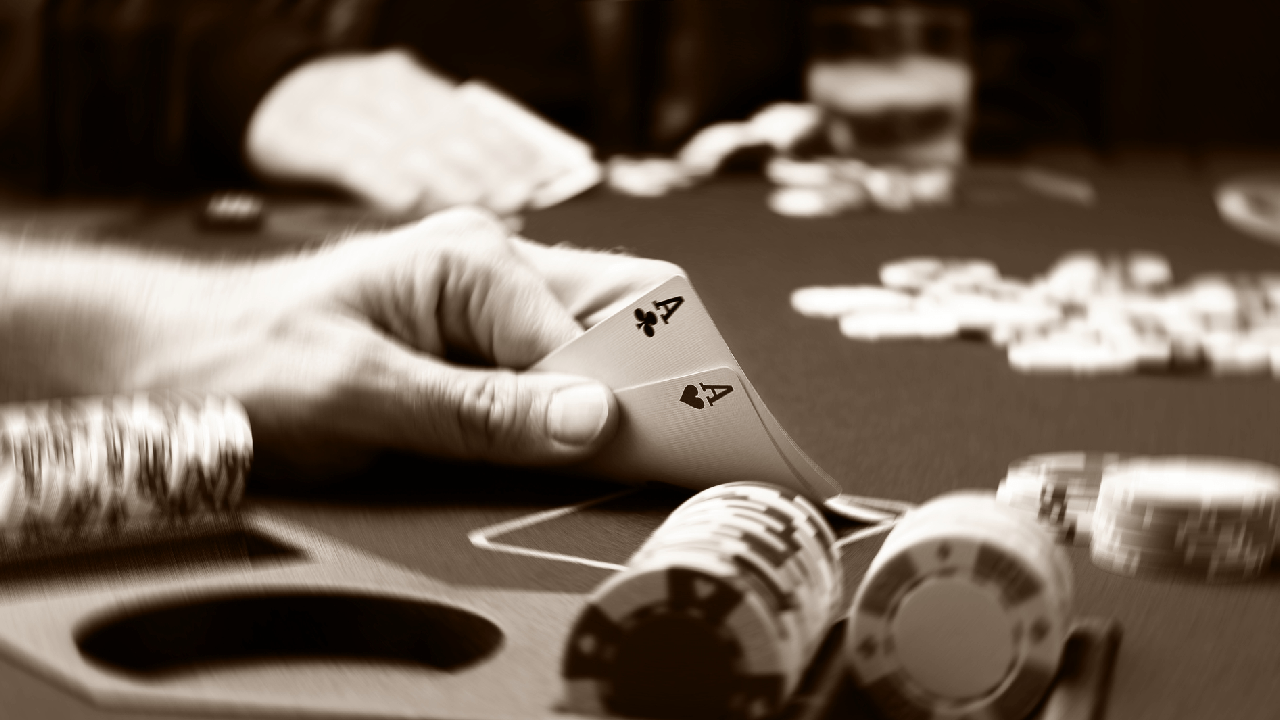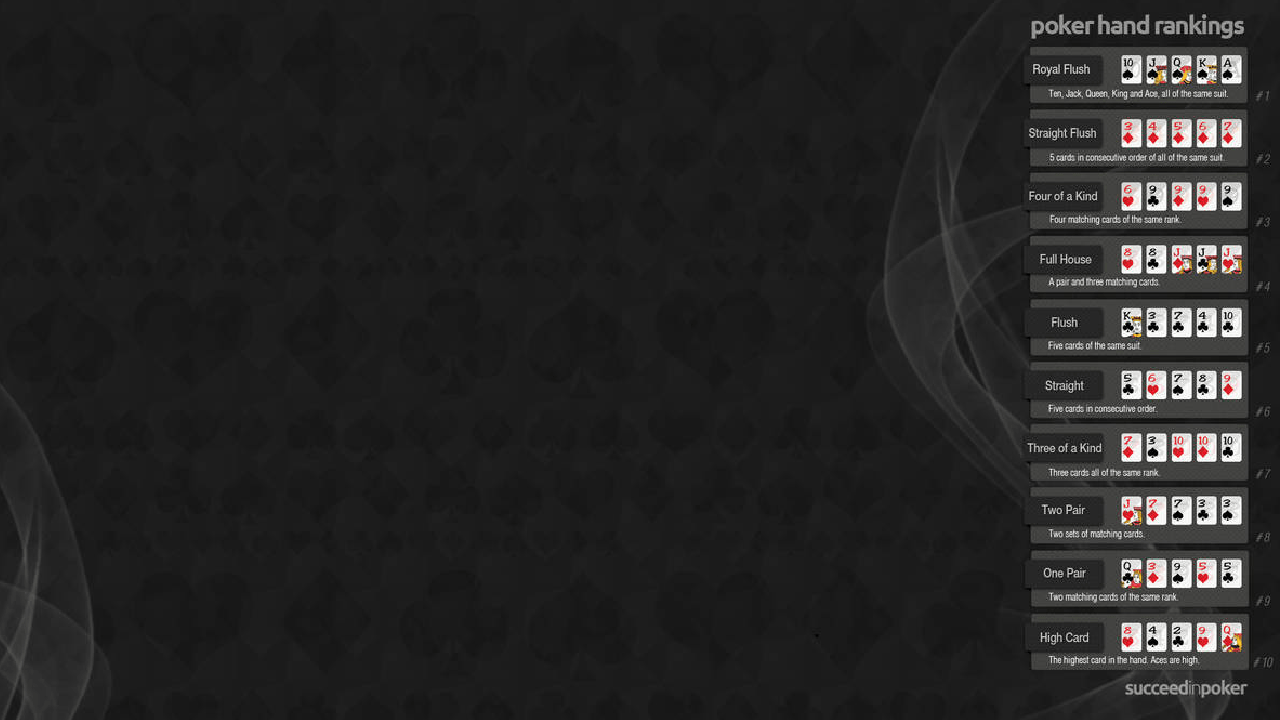Blackjack Basics: Steps and Strategies for Success
Blackjack is a classic casino card game that offers a thrilling combination of luck and strategy. Whether you're a beginner or looking to improve your skills, understanding the basic steps and employing effective strategies can significantly enhance your chances of success. In this article, we will guide you through the fundamental steps of playing blackjack and provide strategies to maximize your winning potential.
Step 1: Understanding the Objective:
The objective of blackjack is to have a hand value closer to 21 than the dealer's hand without exceeding 21. Each card in the deck has a value: numbered cards are worth their face value, face cards (Jack, Queen, and King) are valued at 10, and the Ace can be counted as 1 or 11, depending on the player's preference.
Step 2: Placing Bets:
Once you join a blackjack table, place your bet by placing chips in the designated betting area. Each table will have a minimum and maximum bet limit displayed. Ensure that you are comfortable with the betting range before placing your chips.
Step 3: Dealing the Cards:
After all bets are placed, the dealer will distribute two cards to each player and two to themselves. In most variations of blackjack, one of the dealer's cards is face-up, while the other remains face-down (the hole card). Players' cards are typically dealt face-up.
Step 4: Playing Your Hand:
Once the cards are dealt, you have several options to consider:
Hit: If you believe your hand's total is too low, you can request additional cards by saying "Hit" or signaling to the dealer with a hand gesture. The dealer will give you one card at a time until you decide to stand or your hand exceeds 21 (bust).
Stand: If you are satisfied with your hand, you can choose to stand, indicating that you don't want any more cards. This signifies that you are ready for the dealer to play their hand.
Double Down: In certain situations, you have the option to double down, which involves doubling your initial bet in exchange for receiving only one additional card. This move is usually made when you have a strong starting hand.
Split: If your initial two cards have the same value (e.g., two 7s), you can choose to split them into two separate hands. You'll need to place an additional bet equal to your original wager. Each card will then become the first card of a new hand, and you can play them independently.
Surrender: In some blackjack variants, surrendering is an option. It allows you to forfeit half of your bet and give up your hand, avoiding a potentially unfavorable outcome.
Step 5: Dealer's Turn:
Once all players have played their hands, the dealer reveals their hole card. The dealer must follow a set of rules called "house rules" that dictate when they must hit or stand. The most common rule is that the dealer must hit until their hand value is 17 or higher.
Step 6: Determining the Winner:
After the dealer completes their turn, the hands are compared to determine the winner. The following outcomes are possible:
If your hand's value exceeds 21, you bust, and your bet is lost.
If the dealer busts, and your hand is still in play, you win.
If your hand is closer to 21 than the dealer's hand without exceeding 21, you win and receive a payout equal to your bet.
If your hand and the dealer's hand have the same value, it results in a push or a tie, and your bet is returned.
Effective Blackjack Strategies:
Learn Basic Strategy:
Basic strategy is a set of predetermined decisions based on the value of your hand and the dealer's upcard. It provides the statistically optimal play in every situation. By memorizing basic strategy charts or using strategy cards, you can make the best decisions to minimize the house edge and increase your chances of winning.
Understand Card Counting:
Card counting is a more advanced strategy that involves keeping track of the cards that have been dealt to gain an advantage. It allows you to estimate the probability of favorable cards remaining in the deck. While card counting is not illegal, casinos frown upon it and may ask you to leave if they suspect you are counting cards. If you're interested in card counting, thoroughly study different counting systems and practice extensively before attempting it in a casino.
Manage Your Bankroll:
Setting a budget and managing your bankroll is crucial in any casino game, including blackjack. Determine how much money you are willing to spend and set limits on your bets. It's advisable to start with lower bets until you become more comfortable and confident in your skills. Avoid chasing losses and never gamble with money you can't afford to lose.
Avoid Insurance Bets:
Insurance bets are offered when the dealer's upcard is an Ace. It is a side bet that pays 2:1 if the dealer has a blackjack. However, statistically, it is not a profitable bet in the long run. It's generally recommended to avoid insurance bets, as they increase the house edge and can deplete your bankroll over time.
Practice Proper Bankroll Management:
To maximize your playing time and potential winnings, it's important to practice proper bankroll management. Set win and loss limits for each session and stick to them. If you're on a losing streak, resist the urge to chase losses by increasing your bets. Similarly, avoid getting carried away when you're winning, as it's easy to become overconfident and make impulsive decisions.
Play at Tables with Favorable Rules:
Not all blackjack tables have the same rules. Look for tables that offer player-friendly rules, such as those that pay 3:2 for a blackjack rather than 6:5. Also, tables that allow doubling down on any two cards and splitting pairs multiple times can give you a better advantage. Familiarize yourself with the specific rules of each table before sitting down to play.
Conclusion:
By following the basic steps of playing blackjack, understanding the rules, and employing effective strategies, you can enhance your chances of winning and have a more enjoyable experience. Remember to learn basic strategy, manage your bankroll wisely, and avoid insurance bets. With practice, patience, and a sound strategy, you can become a skilled blackjack player and increase your odds of success at the tables.
